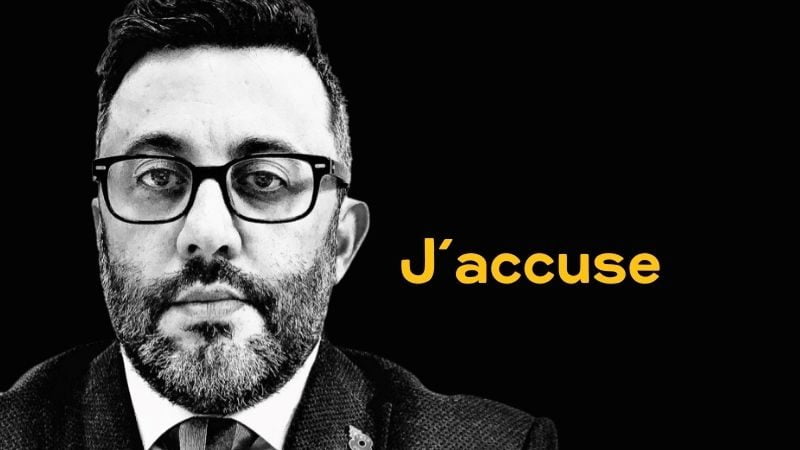A headline in a Luxembourg newspaper this week announced that “Luxembourg is running short of anti-money laundering (AML) experts”. The article went explained that while the dearth of experts in the field is not new, the pandemic seems to have accentuated the problem. The introduction of stricter regulations in the sector has led to a higher demand for such experts. Given the importance of the financial sector to Luxembourg’s economy, it is important that such issues are brought to light.
Closer to home this weekend we could read about the concern of the entire private sector being hit by worker exodus. The Malta Employers Association head confirmed that the problem went beyond the catering industry. He said semi-skilled labourers are hard to find, especially since Maltese tend to refuse such work. The much-maligned foreigners seem to have fled the country leaving us to do our own ‘dirty’ work.
There could not be a more glaring contrast between the two nations, both of which rely heavily on the success of their financial sector. Malta, the nation under FATF scrutiny, does not seem to have any human resources problems in the regulatory sector. We may be lacking waiters, chefs, and semi-skilled workers but the white-collar workforce and the qualified experts required to make sure the show is run smoothly (and credibly) are abundantly plentiful.
In a way, this is not surprising. The gradual institutional backsliding and appearance of huge question marks on the performance of our finance industry can also be explained by the exponential growth in the discovery and appointment of home-groomed experts. From the get-go, the Maltese financial miracle was supported by an influx of meritocratic appointments imbued with the foundational values of trust and loyalty.
Institutional deficiencies would compensate for those areas where it would be too blatant to have blind loyalty at the service of the disruptors of justice. Only last week a magistrate complained about having too much paperwork. The unusual complaint was made in the case concerning the alleged money laundering by financial advisors Nexia BT.
Anti-money laundering cases are by their very nature complex and courts require expert support throughout the process. It may not be the fault of the magistrate in question if the amount of evidence presented may seem overwhelming. The exchange in court bordered on the surreal. Court staff reported having to resort to enormous amounts of overtime to sift through the evidence. The defence lawyer claimed that he would need three years to prepare a defence of his case.
This is just one case that we are looking at here. The problems came to light because the magistrate was sufficiently frank to ring the alarm bell concerning the structural inefficiencies that are apparent in such cases. It does not stop there. Institutional elements active in prosecution such as the financial branches of the police or the prosecution office at what was formerly the Attorney General’s office are also prone to problems including an unorthodox rate of staff turnover.
In other news, the European Public Prosecutor’s Office finally kick starts its operations tomorrow. The Office is tasked with the investigation and prosecution of crimes affecting the EU budget. Among its duties, the EPPO will be charged with investigating VAT fraud (over €10 million), money laundering of assets derived from defrauding the EU budget, and active and passive corruption or misappropriation that affect the EU’s financial interests.
Complementing the work of bodies such as OLAF, Eurojust and Europol it is expected to eventually be investigating approximately 3,000 cases per year.
Malta opted into the EPPO and is one of the 22 participating EU States. It will be interesting to see whether the EU body will bring added value to the regulatory aspect locally. The use of EU funds should now come under increased scrutiny and there will be an additional set of teeth to those of such bodies as the National Audit Office.
What remains to be seen is whether the added bite can have an effect in a system that has by now found a way to wriggle out of any form of accountability and transparency.













‘ the entire private sector being hit by worker exodus. ‘
This exodus was proposed by the Economy minister silvio schembri as he said in parliament that
‘charity begins at home ‘